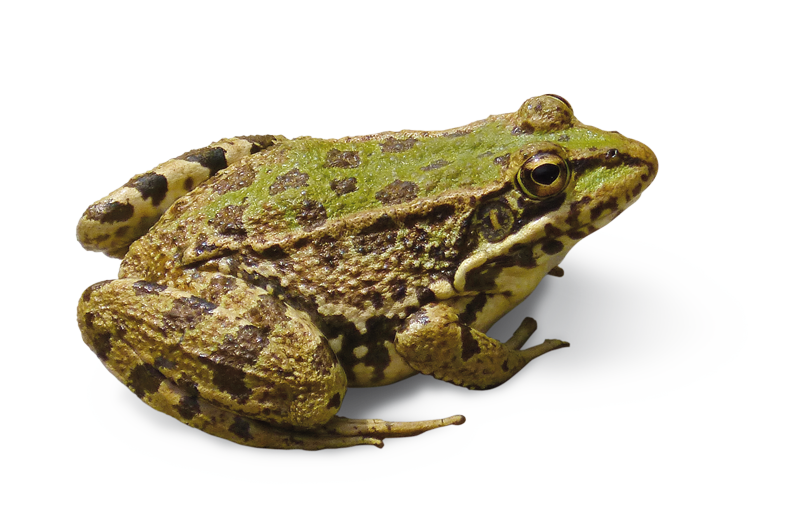

A fungal disease has caused dramatic population declines in more than 500 amphibian species, including 90 extinctions, over the past 50 years, a study led by the Australian National University (ANU) has found.
The deadly disease called chytridiomycosis eats away at the skin of amphibians — animals that live both in water and on land, for example frogs, toads and salamanders.
The study published in the journal Science on Thursday found the disease completely wiped out some species and caused sporadic deaths among others.
The disease is present in more than 60 countries, with Australia,Central and South America faring the worst, researchers said.
“The disease is caused by chytrid fungus, which likely originated in Asia where local amphibians appear to have resistance to the disease,” lead researcher Ben Scheele said in a statement.
He said the team found that the disease was responsible for the greatest loss of biodiversity and was among the most damaging of invasive species worldwide.
“Highly virulent wildlife diseases, including chytridiomycosis, are contributing to the Earth’s sixth mass extinction,” Scheele said.
“The disease we studied has caused mass amphibian extinctions worldwide. We’ve lost some really amazing species.”
Seven frog species went extinct due to the disease in Australia in the past 30 years and more than 40 frog species had declined, the study found.
Scheele said globalisation and the wildlife trade were the main reasons the spread of the disease continued.
“Humans are moving plants and animals around the world at an increasingly rapid rate, introducing pathogens into new areas,” he said, adding that many species were still at high risk of extinction in the next 10-20 years as the disease-related declines continue. — dpa
Oman Observer is now on the WhatsApp channel. Click here



